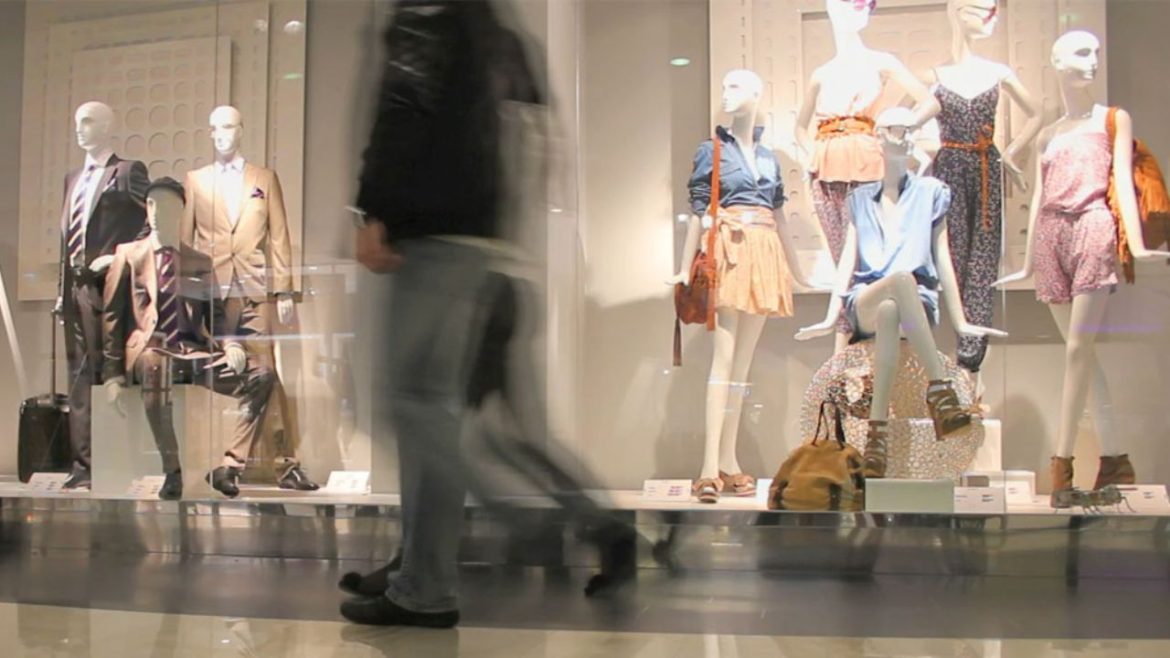The fashion industry has experienced major changes through time as fashion trends advance quickly and technological advancements transform clothing production and retail operations. Custom apparel has emerged as a major industry shift that disrupts conventional retail structures while enabling customers to design their own clothing. Custom-made clothing serves both personal style needs and fit requirements and comfort needs, and sustainability needs, thus creating a new fashion era. This article examines the fashion revolution caused by custom apparel and its implications for consumers and manufacturers.
Personalised Fashion for the Modern Consumer
Traditional off-the-rack clothing lacks the degree of customisation that custom apparel provides to consumers. Modern consumers demand unique clothing that displays their personality while fulfilling their individual requirements instead of accepting standard mass-produced sizes. People are increasingly drawn to the opportunity of creating perfectly fitting garments that showcase their individual style through options like tailored suits and unique dresses, and custom-fit activewear.
Better fit and more meaningful clothing choices drive consumers to choose personalised fashion. The combination of technological improvements enables consumers to design personalized garments. These improvements include online design tools and 3D virtual fitting systems. The accessibility and affordability of custom clothing through technological innovations now allow people to showcase their personal style through their wardrobe, which previously only elite or high-end fashion buyers could achieve.
The Role of Technology in Custom Apparel
The custom apparel industry depends heavily on technological advancements for its expansion. AI-powered design software together with 3D printing and digital fabric printing tools have transformed the entire process of designing and manufacturing clothing. Digital pattern making technology enables designers to create exact personalized designs that match individual customer specifications. The exact measurements provided by this precision enable a better fit which traditional retail clothing typically fails to deliver.
Through data analysis, clothing brands can provide customised suggestions to customers while optimising their production operations and minimising waste by producing only what customers want to buy. Now the combination of faster service and precise customer-driven clothing design provides benefits to consumers.
Changing Retail Dynamics and Consumer Behaviour
The growing trend toward custom apparel transforms both manufacturing and retail sales of clothing products. The retail industry faces competition from direct-to-consumer platforms, which provide personalised clothing while challenging traditional mass production and inventory-based retail models. People can design their clothing through online tools from their homes and receive the finished products directly at their addresses. The new shopping method eliminates traditional retail pathways to deliver personalised convenience to customers.
The Future of Custom Apparel
The custom apparel market shows no signs of slowing down because it will establish itself as a fundamental component of the fashion industry. The growing market demand for distinct clothing items that fit well, combined with technological advancements in production efficiency, will transform custom apparel into the future of fashion. Brands that innovate through sustainable practices will drive the mass-produced clothing market toward extinction, thus creating a fashion industry based on personalised, ethical, and eco-friendly standards.
Conclusion
The fashion industry experiences profound changes through custom apparel, which provides personalised clothing options and promotes sustainable and ethical production practices. The future of clothing shopping and wearing will transform because custom clothing is expected to become the standard as technology progresses and consumer tastes change.
